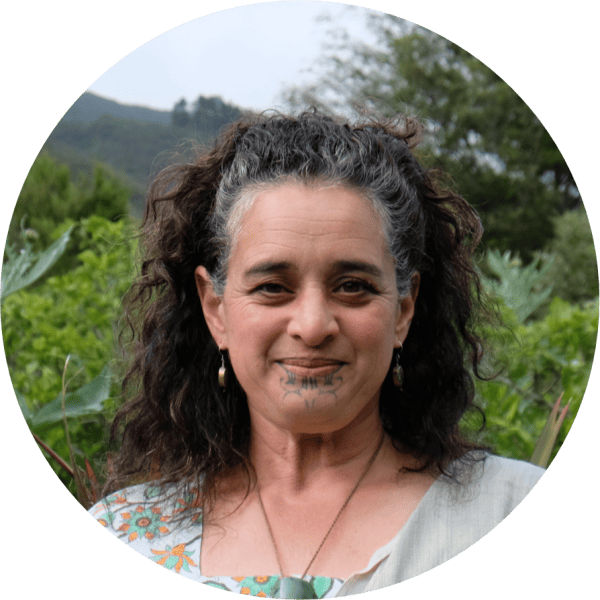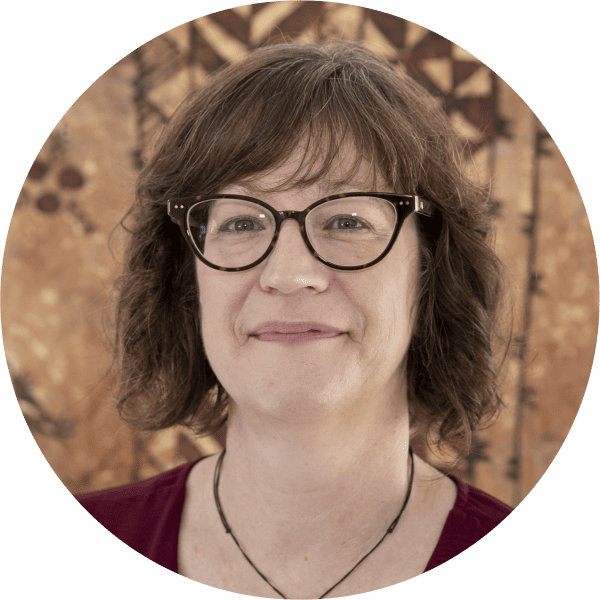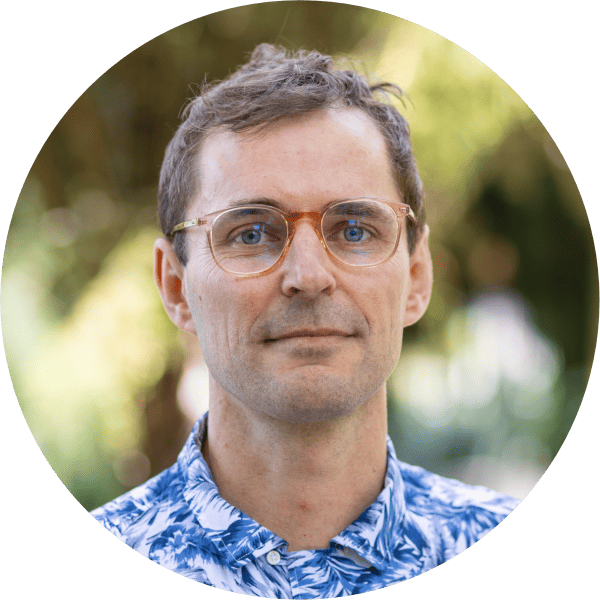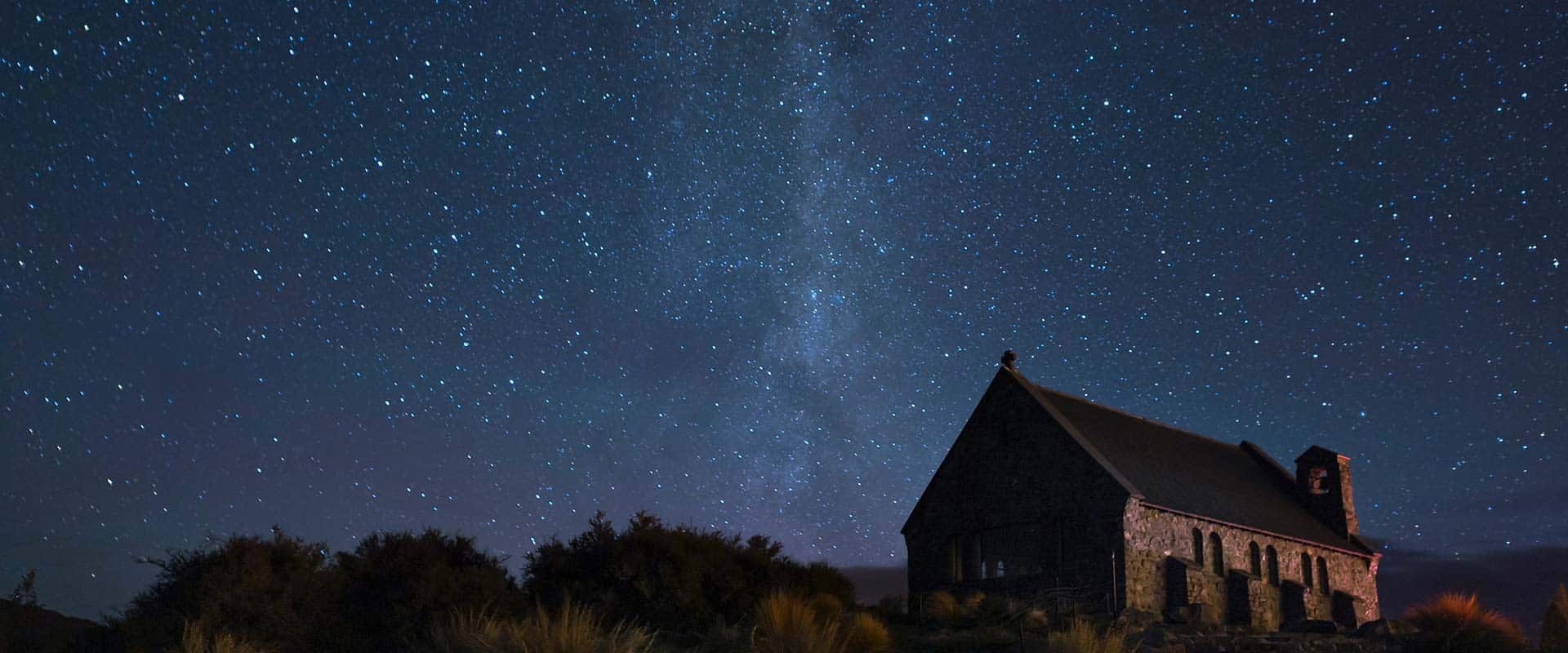He Pito Mata – Food system security and resilience
‘He pito mata’ is derived from the whakatauki ‘iti noa, he pito mata’ (a small seed can sustain many). It refers to a small uncooked portion of kumara replanted to provide many more and speaks to kai production and the interconnected relationship between whenua and people.
Events like the Kaikōura earthquake, Covid-19 and Cyclone Gabrielle exposed our food system’s vulnerability to shocks, its dependence on our whenua, and how disasters can exacerbate existing inequalities among people. By disrupting food production and distribution systems, such events result in food shortages that can affect not only communities immediately impacted by disasters, but potentially the entire country.
Directors of seven National Science Challenges, including Resilience to Nature’s Challenges, have called for a National Food Strategy to guide food-related policy decisions and actions, including those around food system vulnerabilities and inequities.
Our webinar ‘He pito mata’ brings together experts on food security, food resilience and indigenous food sovereignty, to explore how we might build a food system that can ensure our nation has enough food to feed our people, both pre- and post-disasters.
No reira, ē ngā mana, ē ngā reo, ē ngā mātāwaka, areare taringa mai ki tēnei wānanga ipurangi whakahirahira ō tatou, He pito mata.
Webinar Speakers

Jessica Hutchings
Kaupapa Māori researcher / author
Dr Jessica Hutchings (Ngāi Tahu, Ngāti Huirapa, Gujarati) is nationally and internationally recognised as a leader and researcher in Indigenous food systems and Māori food and soil sovereignty. She is a founding Trustee of the Papawhakaritorito Charitable Trust that works to uplift Māori food and soil sovereignty and Hua Parakore (Māori organics) through research, development and community practice. She holds a range of governance and leadership roles across the science and Māori sectors, including sitting on the Governance Group of the Resilience National Science Challenge. As an author, Jessica’s books include Te Mahi Oneone Hua Parakore: A Māori Soil Sovereignty and Wellbeing Handbook (Freerange Press 2020), and Te Mahi Māra Hua Parakore: A Māori Food Sovereignty Handbook (Te Tākupu, 2015). Dr Hutchings will present key findings from her recently completed Marsden-funded project, Kai Atua: Food for Hope and Wellbeing. Her newly funded Marsden grant, Seeding Hope, explores Indigenous people’s food systems through digital storytelling. She was named one of New Zealand’s top 50 influential women in food and drink. www.jessicahutchings.org.nz / www.papawhakaritorito.com

Tric Malcolm
Pou Ārahi, Kore Hiakai Zero Hunger Collective
No Ingarangi, Kotirana, Tiamini te iwi o ōku tupuna. Na te Tiriti o Waitangi au i tēnei whenua. E noho ana au, me tāku whānau iti, ki Pōneke inaianei. Te Pou Ārahi o Kore Hiakai Zero Hunger Collective te mahi o tāku manawa Ko Tric Malcolm tōku ingoa. I am Tric Malcolm, the Pou Ārahi of Kore Hiakai Zero Hunger Collective. With my wonderful team, I work across a diverse range of sectors connecting and working collaboratively so that our people and our taiao can thrive. Kore Hiakai Zero Hunger Collective is made up of people and organisations who are committed to addressing the root cause of food-related poverty and working together to create a food-secure Aotearoa. We bring together whānau, iwi, hapū, community, farmers, fishers, growers, manufacturers, distributors and philanthropists alongside local and central government. Our goal is to build Te Tiriti-grounded, long term, mana-centred, sustainable solutions to ensure all people at all times have agency and access to nourishing, affordable, sustainably sourced, culturally appropriate food. Food security is about communities, economic systems, knowledge, the environment and industry being in relationship so we can all thrive. We are often told there is a scarcity of things, but when we work together, we know there is an abundance of what we need to thrive.

Joanna Fountain
Associate Professor, Lincoln University
Associate Professor Joanna Fountain is a rural social scientist at Lincoln University with diverse research interests focused on analysis of change and resilience, particularly in rural regions. Much of this research has food – its production, distribution and consumption – at its core. The COVID-19 pandemic and recent natural hazard events have highlighted acute vulnerabilities in Aotearoa New Zealand’s agri-food supply chain and the significant issues of food insecurity facing many whānau and communities. Jo’s presentation will explore the potential of community food ventures to enhance the ‘soft infrastructure’ of community resilience and food accessibility and availability to ensure better preparedness for future crises and disasters, and discuss the role that local and national decision-makers can have in this process.

Gradon Diprose
Senior Researcher, Manaaki Whenua Landcare Research
Gradon Diprose is a Senior Researcher, Environmental Social Science at Manaaki Whenua Landcare Research. He has a background in geography and planning. His research focuses on how people and communities collectively respond to connected social and environmental concerns. The shift to more food secure communities will require diverse responses and practices in light of climate change and increasing extreme weather events. Gradon will summarise recent research on food rescue in Aotearoa New Zealand, and how rescued food and associated infrastructure forms part of, and contributes to, wider shifts towards improved food security and resilience.
